5 Foreign Policy Lessons from World War I
What we can learn from the Great War on its centennial.
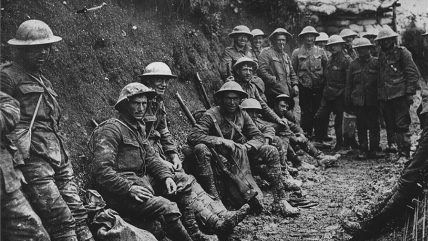
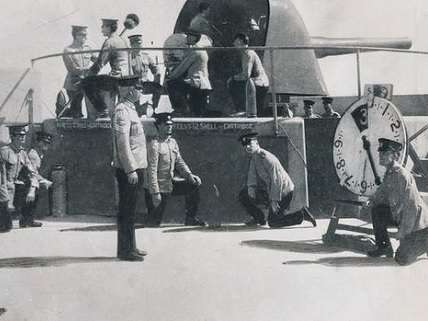
One hundred years ago today a shot fired across the bow of the SS Pfalz from the Point Nepean fort in Victoria, Australia, became the first Allied shot of World War I. It was a warning shot—news of the state of war between the British Empire and Germany had just made its way down to Australia, and the SS Pfalz wasn't going to get away.
The Pfalz was a cargo steamer operated by a private German shipping company. Nevertheless it was seized by the Australian navy, renamed the HMT Boorara, and refitted as a troop ship. After World War I, the Australians eventually sold the German ship to a Greek shipping line. It sank before World War II started. It's an informative war story. The Pfalz was captained that day, 100 years ago, by a local captain. She was carrying no war-specific cargo, and was in fact allowed to leave the Port of Melbourne earlier because no one knew that half a world away a war had started.
The fate of the Pfalz, used by the Australians throughout the war and then sold for a profit, illustrates what happens in war—things get seized, even when they're only tangentially related to the war. Life becomes subordinated to war and the war effort. The conflict between Germany, Britain, and their assortment of allies—secret or otherwise—eventually came to be known as World War I. It caused profound geopolitical changes in Europe, the Middle East, East Asia, and Africa, inspired renewed attempts at international cooperation, and eventually led to World War II.
As we enter the centennial of the "war to end all wars," here are five lessons from that Great War that remain relevant today.
1. There's No Such Thing as "Tangential Risk"
Speaking about the U.S.'s tendency to intervene in foreign affairs in vain attempts to "do something," President Obama defended that kind of pattern of intervention, declaring that that was what American exceptionalism was all about, being willing to "plunge in." The risks to the U.S., he suggested, are only tangential. History, however, is littered with the husks of once great powers toppled by what they considered mere tangential risks. World War I is full of such cautionary tales. Europe's military spending had been accelerating in the years preceding World War I, so the war itself shouldn't have come as much of a surprise to anyone paying attention. European history was defined by war, long before World War I. Its political class was used to it, and didn't see much beyond "tangential risks" in going to war yet again.
None of the players when World War I started in 1914 got through the conflict without being fundamentally changed. Multiple empires—the Austrio-Hungarian, Ottoman, and Russian—ceased to exist after the war, with Russia turning to nearly 75 years of brutal communist rule. Germany lost all of its overseas colonial possessions, and as a result, in part, of World War I, Britain and France would eventually lose theirs. Some of these things might have happened absent World War I—it's hard to imagine, for example, how the already structurally weakened Ottoman or Russian Empires would have survived long-term—but World War I helped bring the events on faster, catching those involved, like the Russian political class, by surprise.
2. Ethnic, Religious, and Other Identity-Based Hatreds Are a Powerful Motivator
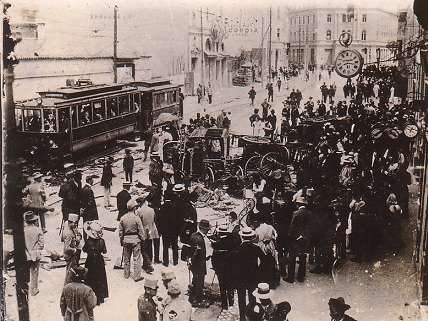
When the Bosnian Serb Gavrilo Princip shot and killed Archduke Franz Ferdinand in Sarajevo, the event barely registered in the capitals of Europe; in fact, it hardly even made the news in Vienna, the capital of Ferdinand's Austrio-Hungarian empire. Princip was a Yugoslav nationalist, seeking to free the Balkans from Austrian rule, and a member of the Black Hand, a group whose aim was Serbian unification. By the end of World War I, Woodrow Wilson, who brought the U.S. into the conflict in 1917, made "self-determination" one of the "Fourteen Points" upon which a post-war Europe could be based. It was close to articulating Princip's goal when he shot and killed Ferdinand as any party to the conflict ever could but it wasn't completely accurate. Ethnic and identity-based hatred was as important a motivator to the forces that tore the Austrio-Hungarian (and Ottoman) empires asunder as "self-determination," a concept alien on a continent whose populations for centuries were ruled by royal houses. The assassination of the Archduke may not have been news in much of Europe, but it was used by the Austrio-Hungarian government to encourage anti-Serb violence in Sarajevo.
3. People Don't Want War, Governments Want War
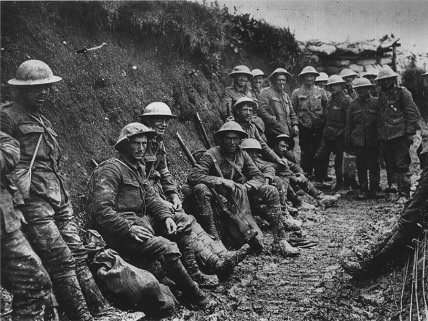
While governments, to one degree or another, certainly need the support of their populations to wage war, they can often manufacture this support by appealing to nationalist fervor and a desire for security. In the run up to World War I, the German government very much wanted Russia to complete its mobilization along the border first, so that it could point to that as the act of aggression that made avoiding war impossible. The armies of World War I were a mix of volunteers and conscripts, but when they got to the trenches few were interested in hostilities. In Evolution of Cooperation, Robert Axelrod's study of the "tit-for-tat" rule in action, the author explains how trenches in World War I became rather peaceful places as the soldiers on either side learned that if they didn't shoot the other side wouldn't shoot back. Toward the end of the war, military leaders had to constantly shuffle soldiers around so that none would be around in any one place long enough to learn not to shoot, doing this even as a final peace was becoming imminent.
4) Entangling Alliances Make Costly Foreign Policy Commitments
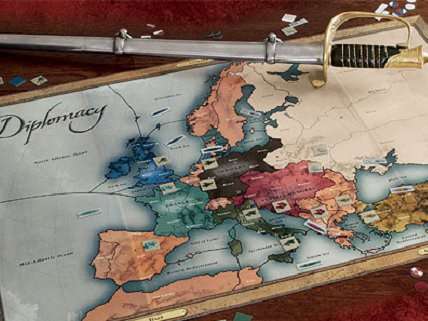
Although many European governments spent the July after the assassination of Archduke Ferdinand maneuvering diplomatically, the Austrio-Hungarian Empire's spat with the Kingdom of Serbia only became an international affair because of the entangling alliances involved. Russia, who paid as steep a price as any country for intervening in the conflict, only became involved because of its alliance with the Serbs. France became a target of Germany, an ally of Austria-Hungary, only because it was an ally of Russia. The British entered to stop the invasion of Belgium. Because most of these countries were not directly affected by instability in the Balkans, they had little incentive to ensure that such instability didn't cause a conflict, even as they (and more accurately, their populations) stood to become very active participants in any conflict that did ignite.
5) One Side's Perspective on the Other's Motivation Is Usually Wrong
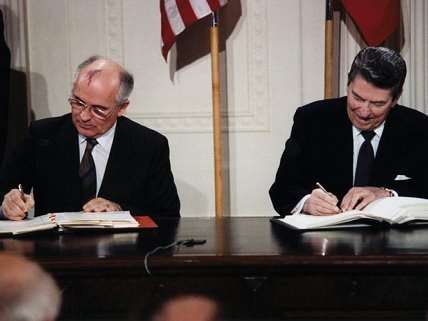
Part of the reason Europe plunged into World War I was that few in the political class thought such a war was possible over a dispute such as the one between Austria and Serbia. In the days leading to the various declarations of war that kicked off August 1914, the different sides pleaded with each other to avoid a conflict even as most were mobilizing troops at their borders. The interpretation of these mobilizations—particularly Russia's by Germany—helped set the pace of the escalating conflict. Although members of Europe's political class spent July talking to each other in an effort to avoid war, it was defined by a more than healthy amount of distrust. Each side based its view of what was happening on what it believed the other side believed, which rarely matched what the other side actually said. Although the sort of "secret diplomacy" that contributed to the misunderstandings that erupted in World War I is far less common today than 100 years ago, our political leaders continue to insist that they know the motivations of other actors better than the actors themselves. While it would be naïve to assume that everyone always tells the truth about all their motivations, it would be just as naïve to assume the opposite, especially in cases where the articulated motivation matches actions taken to date.


Show Comments (89)